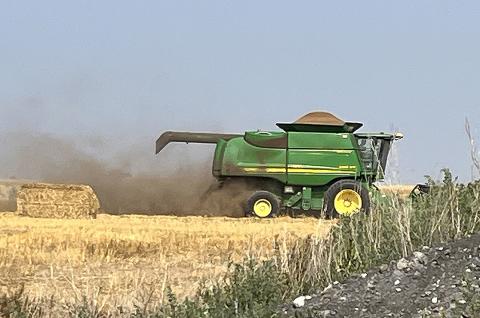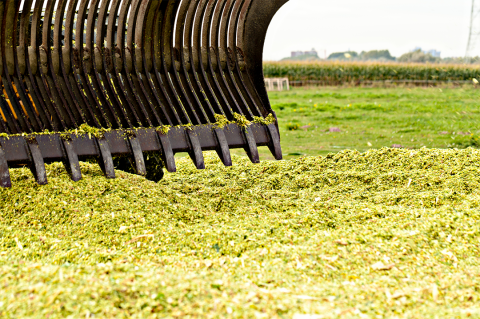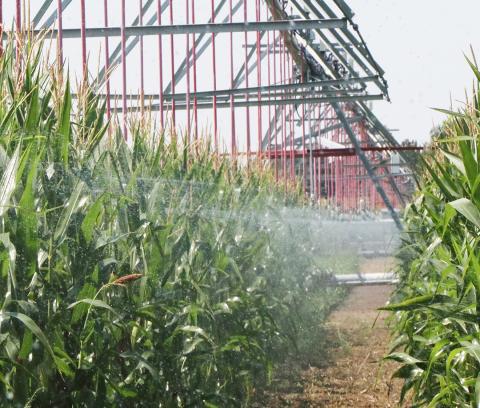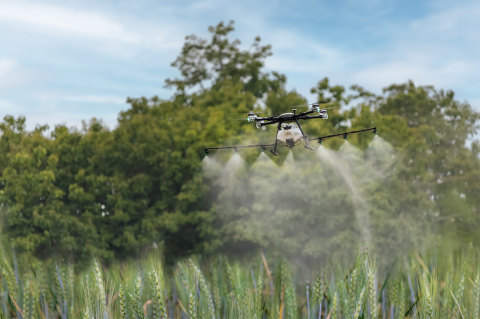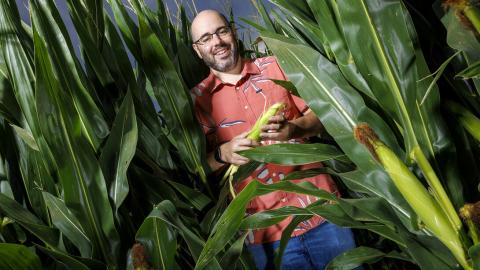
Schnable Expands Work to ID Corn Genes, Predict Hybrid Performance
August 14, 2024
The research team's efforts could lead to innovations that significantly streamline the process of breeding and commercializing high-yield, resilient corn varieties, which is crucial for meeting global food demands.

USDA Forecasts U.S. Corn Production Down, Soybean Production Up from 2023
August 14, 2024
Nationwide, corn production is down by 1% from 2023, but soybean growers are expected to have a record-setting season, with the current yield forecast at 4.59 billion bushels.
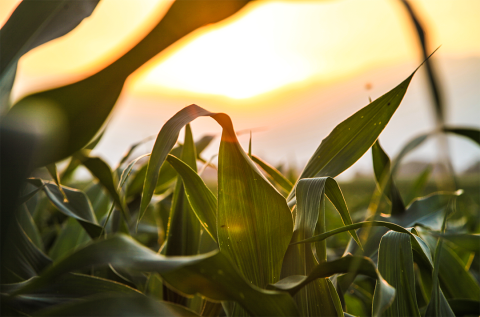
Nebraska Crop Production Report for August 2024
August 14, 2024
Nebraska's 2024 corn production, currently estimated at 1.88 billion bushels, is on track to set a new record high for the state.
Common Bunt Infection in Winter Wheat
August 14, 2024
Common bunt in winter wheat can be avoided by using certified seed, treating seeds with fungicide, and practicing crop rotation and field sanitation. These strategies are crucial to avoid infection and maintain healthy, productive wheat crops.
Pasture and Forage Minute: Recommendations for Storing Quality Silage
August 14, 2024
Extension educators highlight the importance of using the right inoculants and storage methods for corn silage to improve fermentation, reduce spoilage and maintain feed quality.
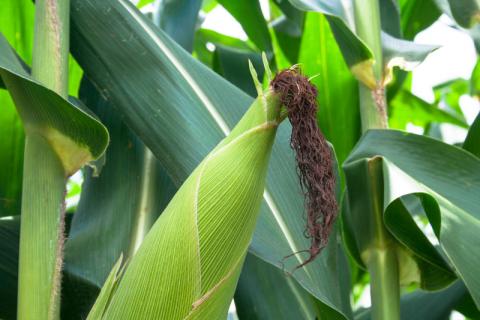
Crop Progress: Crop Conditions Favorable as Mid-August Approaches
August 13, 2024
Most Nebraska crops remain in good to excellent condition, with progress in their growth stages ahead of or near the average for this time of year.
Irrigation Season Could Run Longer for Dry Bean Crop
August 13, 2024
Updates on crop progress, irrigation water deliveries and crop water use for growers in the Panhandle and western Nebraska.
Don’t Miss Nebraska’s Only Agricultural Drone Conferences on Aug. 14 and 15
August 13, 2024
Keynote speakers for the conferences will be Jonathan Rupprecht, presenting information on the law system for unmanned aircrafts, and Steve Li, who will address efficacy of spray drone applications and mitigating drift.


